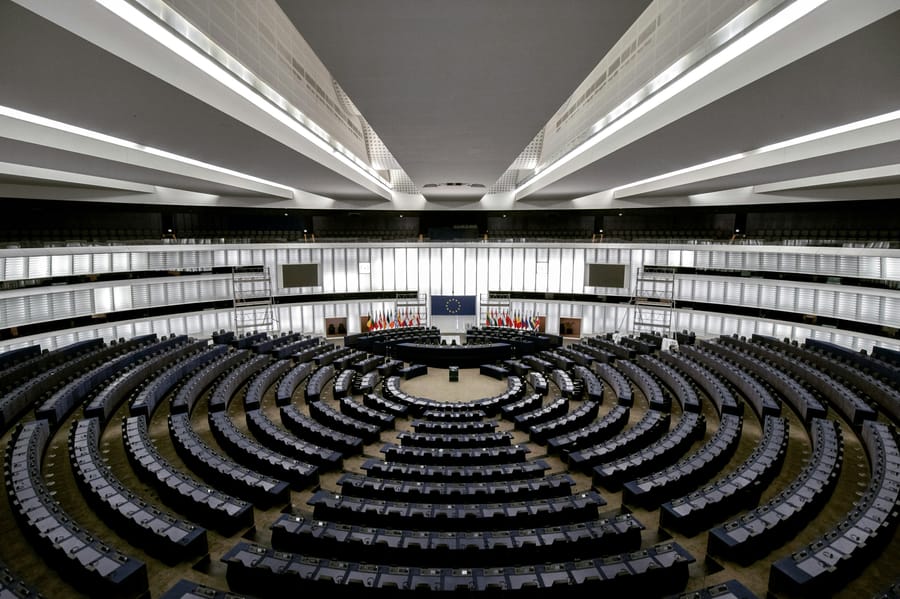The United Arab Emirates approved the implementation of the world's first artificial intelligence-based legislative system on April 14, 2025, which is estimated to accelerate the lawmaking process by up to 70 percent – announced Sheikh Mohammed bin Rashid Al Maktoum, the country's Vice President, Prime Minister and Ruler of Dubai at a Cabinet meeting in Abu Dhabi. The new system not only revolutionises lawmaking but also tracks the impact of legislation on the population and economy in real-time.
The Cabinet established the Regulatory Intelligence Office, operating under the General Secretariat of the Cabinet, which will oversee the world's first integrated regulatory intelligence ecosystem. This new system is based on the most advanced AI approaches and solutions, introducing a proactive approach to legislative planning. The system will create the UAE's largest national legislative database, integrating not only federal and local legislation but also judicial rulings, government processes, services, and field-level systems. Sheikh Mohammed said: The new system will monitor the impact of new legislation on the public and the economy daily through integration with big data, and propose legislative amendments on an ongoing basis, adding that the system will also be linked to global research and development centers to monitor the best global policies and legislation and how they can be utilized in the UAE.
According to the Financial Times, the plan for AI-driven regulation goes further than anything seen elsewhere in the world. Other governments are trying to use the technology to become more efficient, from summarising bills to improving public service delivery, but not to actively suggest changes to current laws by crunching government and legal data. The initiative is part of Abu Dhabi's significant investment in AI – last year they opened a dedicated investment vehicle, MGX, which has backed a $30 billion BlackRock AI-infrastructure fund among other investments. The system is exceptionally ambitious, and some experts have expressed concerns about reliability. Vincent Straub, a researcher at Oxford University, warned that although AI models were impressive, they continue hallucinating and have reliability and robustness issues. We can't trust them completely. Rony Medaglia, a professor at Copenhagen Business School, said the UAE appeared to have an underlying ambition to turn AI into some sort of co-legislator, basically, and described the plan as "very bold."
Sources:
1.

2.

3.

4.












